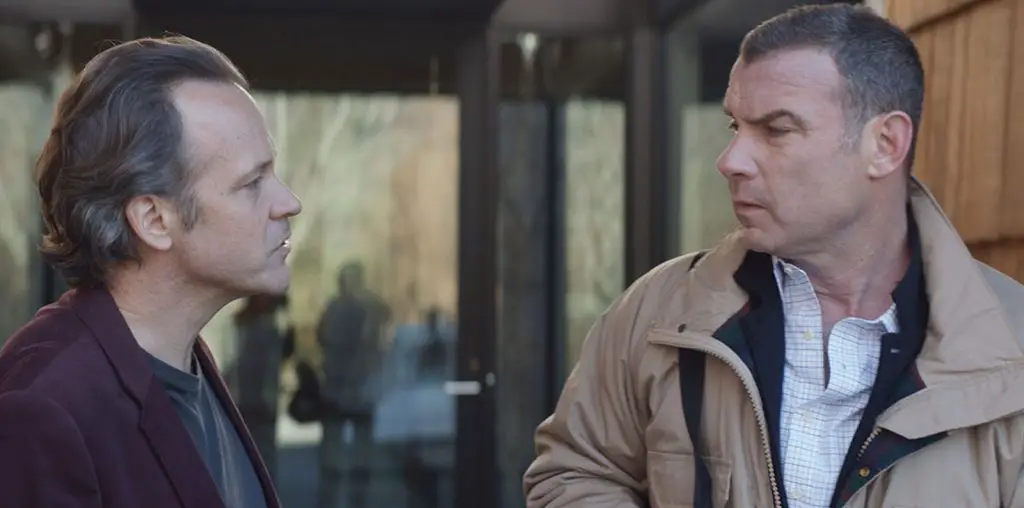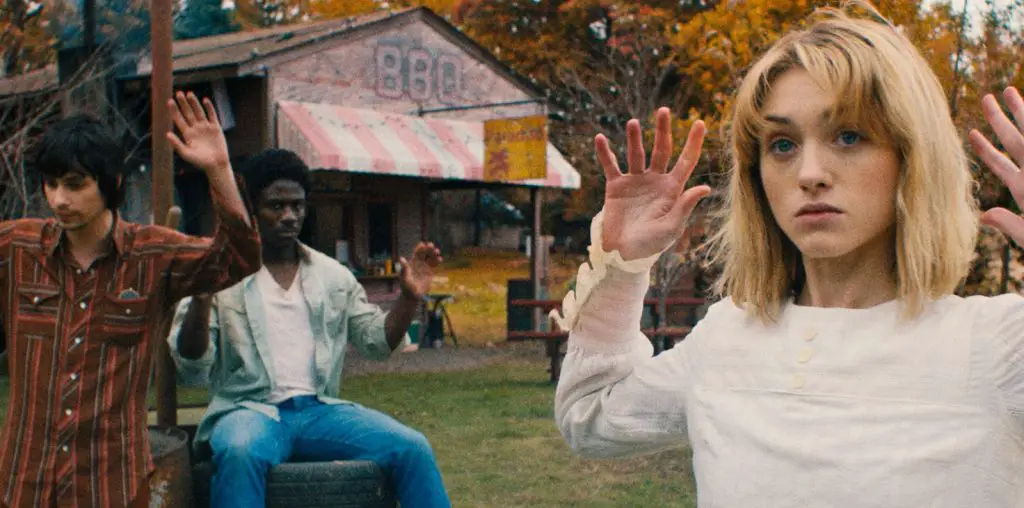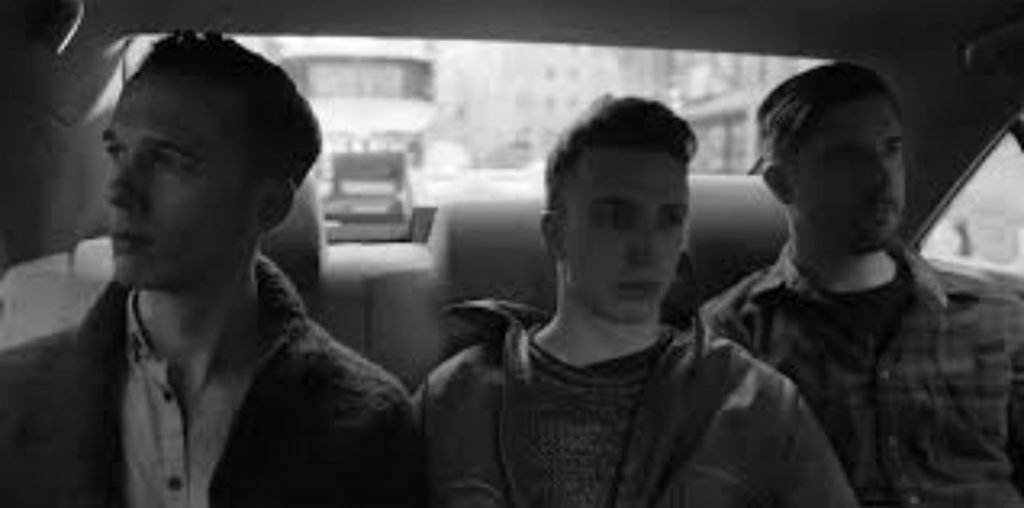
HOLLYSHORTS 2020 FILM FESTIVAL REVIEW! How does it feel to be in a position of privilege? What does it feel like to have power over a man’s livelihood? What does it mean to realize that with one phone call to the police in a momentary flash of anger, you are capable of changing somebody’s life forever?
Questions concerning power, entitlement, and the moral implications that accompany taking action based upon such are explored in writer-director Tomer Shushan’s short film, White Eye. While the first half of the movie doesn’t seem like it’s going anywhere, the second half kicks the story into high gear as the potential ramifications of actions taken by the protagonist come into focus.
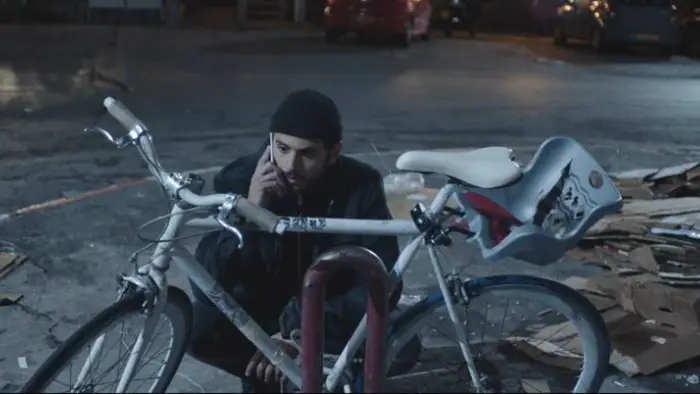
“…Omer fortuitously finds his lost bicycle, long since thought to have been stolen…”
Omer is a standard, nondescript Israeli millennial. Upon leaving the gym one evening, Omer fortuitously finds his lost bicycle, long since thought to have been stolen, locked up outside a meat preparation warehouse. A police officer informs Omer that the police aren’t able to help him since he never actually filed a complaint. So Omer offers to pay a nearby mechanic to break the lock.
Surprisingly though, the cops do show up. Unfortunately, however, they reiterate what the police officer from earlier said to Omer. They aren’t able to help since Omer never filed a complaint. The officers direct Omer to call them when and if the thief comes back. At that point, they’ll return and sort things out—certainly not the most encouraging law enforcement, but whatever.
At this point, two men, both of whom are foreign-born Eritreans, emerge from the warehouse. One of them, a man named Yunes, claims that the bike is his and insists he bought the bicycle legitimately. Omer is having none of it and more or less demands that Yunes unlock the bike for him. Yunes’ boss, Michelle, even inserts herself as a negotiator in an attempt to explain to Omer that the bike, while it may have once belonged to him, now belongs to Yunes since he paid for it outright.
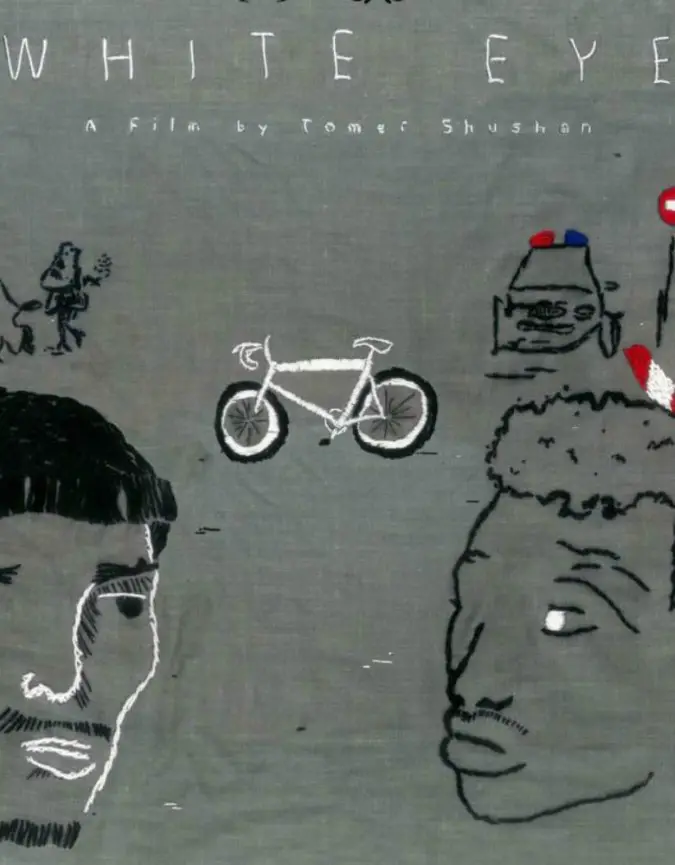
"…reinforces the incredible power that cinema is capable of."
